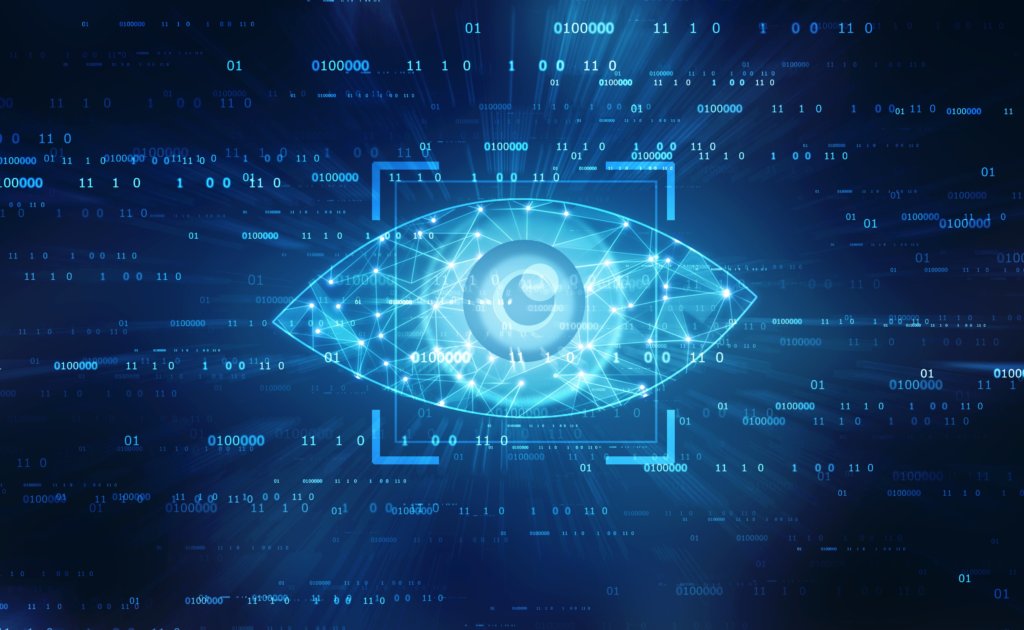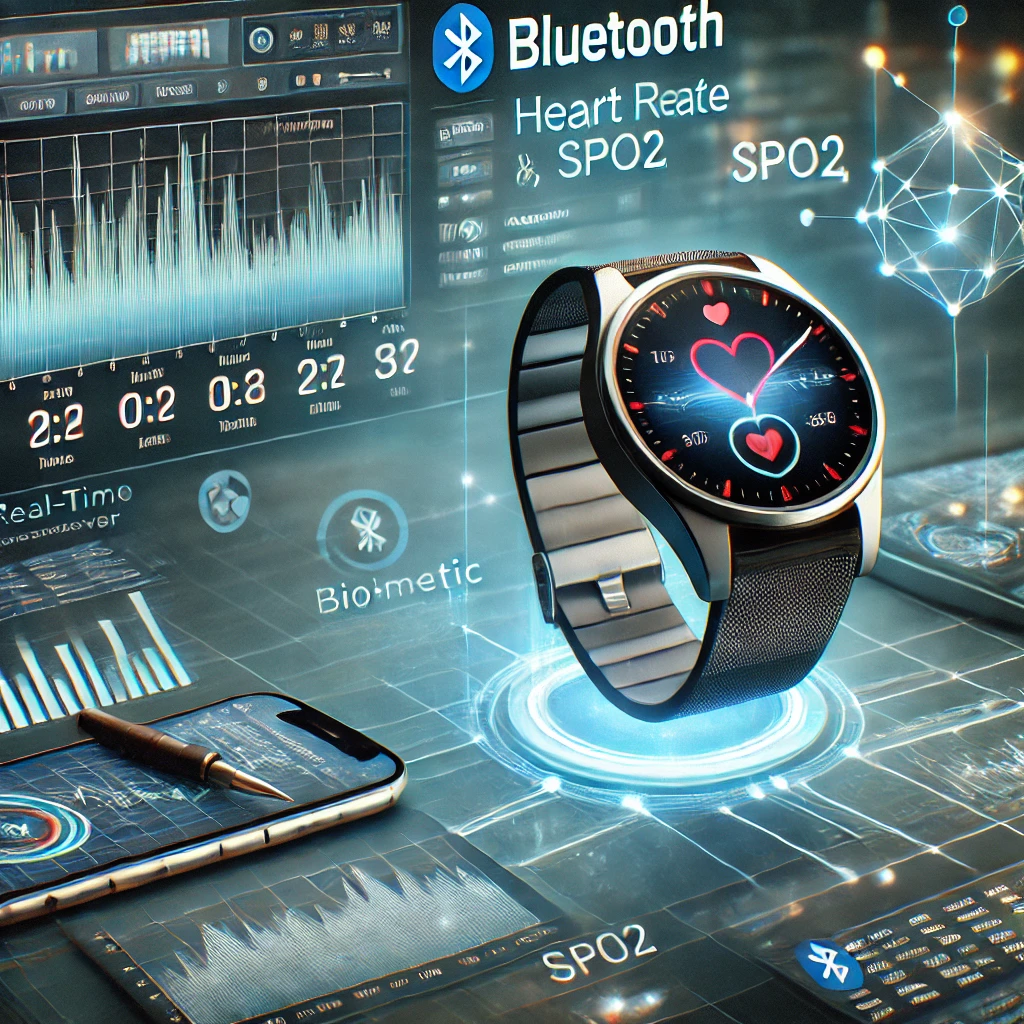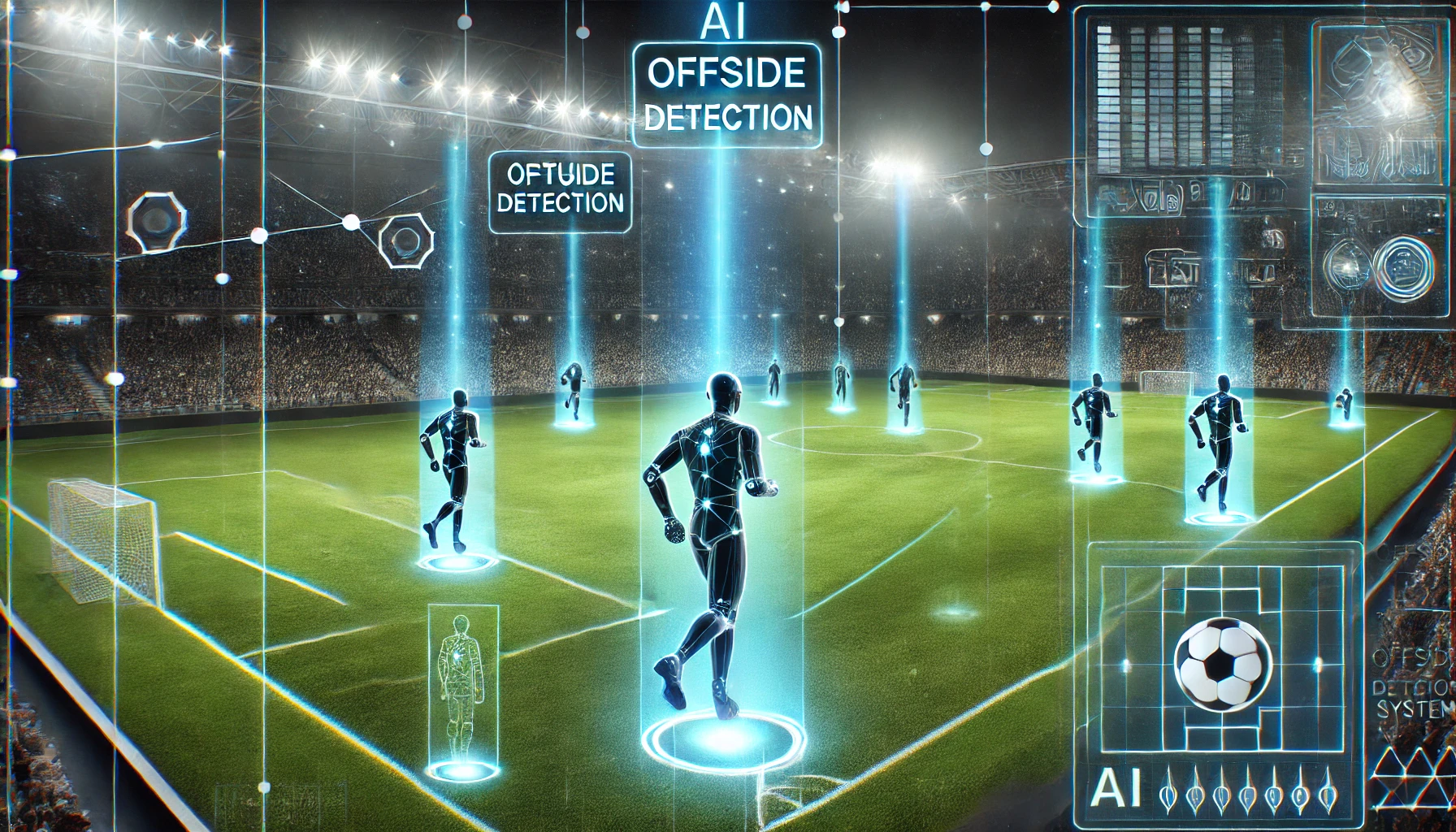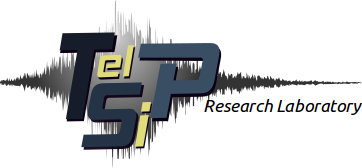“Computational Intelligence Techniques in Email Spam Filtering”
Diploma Theses for the Academic Year 2024-2025
Brief Description:
This thesis focuses on the use of computational intelligence techniques to detect and address spam emails. The uncontrolled sending of spam messages is a significant problem for both users and the infrastructure of email service providers. The purpose of this thesis is to examine and compare modern artificial intelligence methods, such as machine learning, neural networks, and evolutionary algorithms, for the effective detection and filtering of spam. Initially, the basic principles of spam emails and the characteristics that distinguish them from regular emails will be presented. Then, classical filtering techniques, such as rule-based filters and statistical models, will be analysed. This thesis will primarily focus on the use of more advanced techniques, such as neural networks (MLP, CNN, LSTM), classification algorithms (SVM, Naive Bayes), and evolutionary algorithms (PSO, SCA), and will examine how they can improve the accuracy and speed of the filtering process. Furthermore, an analysis of the advantages and disadvantages of each approach will be conducted, and the challenges concerning the ongoing evolution of spam messages and the need for filters to adapt to new spamming techniques will be discussed. This thesis will also include experimental results from the application of these techniques, demonstrating their effectiveness in practice. Finally, the potential for improving the respective algorithms will be presented, as well as the possibility of creating new, more advanced, and adaptive algorithms to counter the threats posed by spammers. Additionally, a Gmail account will be used to implement the codes of the aforementioned methods in order to evaluate their performance on real data.
Required background knowledge: Linux, Docker, Python, AI, Machine Learning, Neural Networks
Place: ZB203 – Ερευνητικό Εργαστήριο TelSiP
Supervisor: Dr. Grigorios Koulouras, Associate Professor
Student: Konstantina Pano
“Transformers for Computer Vision and Pattern Recognition”

Available |
Brief Description:
Transformers have recently emerged as a promising and versatile deep neural architecture. Since the introduction of Vision Transformers (ViT) in 2020, the Computer Vision & Pattern Recognition community has witnessed an explosion of Transformer-based Computer Vision models. This thesis presents an opportunity and at the same time a challenge to explore the various relevant topologies and open challenges in designing transformer models for Computer Vision.
Required background knowledge: Computer Vision, Pattern Recognition, Image Processing, Computational Intelligence, Matlab, Python
Place: ZB203 – Research Laboratory TelSiP
Supervisor: Dr. Elias Zois, Associate Professor
Student: –
“Cloud Type Recognition with Manifold Features and Computer Vision – Machine Learning Techniques”

Available |
Brief Description:
Automatic cloud type recognition of ground-based infrared images is still a challenging task. A novel cloud classification method is proposed to group images into five cloud types based on manifold and texture features. Compared with statistical features in Euclidean space, manifold features extracted on symmetric positive definite (SPD) matrix space can describe the non-Euclidean geometric characteristics of the infrared image more effectively. The proposed method comprises three stages: pre-processing, feature extraction and classification. The datasets are comprised of the zenithal and whole-sky images taken by the Whole-Sky Infrared Cloud-Measuring System (WSIRCMS).
Required background knowledge: Linear Algebra and Geometry in Computer Vision, Pattern Recognition, Image Processing, Computational Intelligence, Matlab, C/C++, Python
Place: ZB203 – Research Laboratory TelSiP
Supervisor: Dr. Elias Zois, Associate Professor
Student: –
“Deep CNN for Biometric Authentication”

Available |
Brief Description:
This thesis is related to the description and operation of various deep machine learning topologies based on convolutional neural networks. It is a comprehensive plan to apply cutting-edge techniques in machine learning and computer vision.
Required background knowledge: Computer Vision, Pattern Recognition, Image Processing, Computational Intelligence, Matlab, C/C++, Python
Place: ZB203 – Research Laboratory TelSiP
Supervisor: Dr. Elias Zois, Associate Professor
Student: –
“Deep Learning Strategies in Curved Spaces for Computer Vision Applications”

Assigned |
Brief Description:
This thesis will focus on the theoretical framework and experimental results of applying deep learning techniques to non-Euclidean spaces, with particular emphasis on SPD manifolds, for addressing computer vision applications. In particular, the proposed study will focus on a deep learning framework designed for processing complex data representations that cannot be efficiently handled by traditional linear methods. By understanding the geometric characteristics of the SPD manifold and how these are preserved during feature extraction, the candidate will explore how this methodology enhances classification efficiency by addressing the challenges of both within-class variability and diversity between them. The aim will therefore be to engage with the theoretical foundations of manifold learning and its practical application to deep networks, thereby enhancing the understanding of these sophisticated concepts in modern machine learning.
Required background knowledge: Linear Algebra, Computer Vision, Pattern Recognition, Image Processing, Computational Intelligence, Matlab, C/C++, Python
Place: ZB203 – Research Laboratory TelSiP
Supervisor: Dr. Elias Zois, Associate Professor
Student: Athina Dimou
“Geometric-constrained Methods for Dimensionality Reduction in the Manifold Space of Symmetric and Positive Definite Covariance Matrices. Applications in Machine Learning and Computer Vision”

Available |
Brief Description:
The task of visual recognition in the space of the Riemannian geometry with the use of Symmetric Positive Definite (SPD) matrices, provides high discriminative power. Still, the use of a high-dimensional Riemannian manifold of SPD matrices, becomes computationally expensive. This thesis aims to methods and algorithms which will map the high-dimensional SPD matrices by mapping to low-dimensional ones with the use of an orthonormal transformation. This manifold oriented dimensionality reduction is achieved in both supervised and unsupervised scenarios. It all comes to an optimization problem on a Grassmann manifold; Its evaluation on computer vision tasks shows that this approach results towards an enhanced accuracy which can be compared to state-of-the-art methods.
Required background knowledge: Linear Algebra and Geometry in Computer Vision, Pattern Recognition, Image Processing, Computational Intelligence, Matlab, Python
Place: ZB203 – Research Laboratory TelSiP
Supervisor: Dr. Elias Zois, Associate Professor
Student: –
“Design and Implementation of a High-Availability Cloud System with Kubernetes”

Assigned |
Brief Description:
This Diploma Thesis (DT) examines the design and implementation of a High-Availability system based on container technologies. The development of such systems is critical for ensuring the smooth operation of modern cloud applications, reducing downtime and optimizing the management of computing resources. The implementation will be based on the Kubernetes orchestration platform, as it provides powerful mechanisms for automating the management, scaling and error recovery of applications. In addition, Podman, an open source container management tool, will be used as an alternative to Docker, which offers increased security and flexibility in container management without the need for a daemon. Within the framework of the project, a high-availability system in the cloud computing will be developed and evaluated, which will utilize mechanisms for automatic failure recovery (self-healing), horizontal scaling (horizontal scaling) and vertical scaling (vertical scaling), as well as load balancing. In addition, the performance of the system will be analyzed and compared with alternative approaches. Finally, the results will be presented to show whether the proposed architecture improves the stability and efficiency of cloud applications, making it suitable for modern business and production needs.
Required background knowledge: Linux, Bash, Docker, Podman, Kubernetes, Python
Place: ZB203 – Research Laboratory TelSiP
Supervisor: Dr. Grigorios Koulouras, Associate Professor
Student: Nikolaos Fragkos
“An Internet of Things System for the Collection, Storage and Visualization of Biometric Data from Smartwatches”

Assigned |
Brief Description:
This thesis focuses on the design and implementation of an Internet of Things (IoT) system for the collection, storage and visualization of biometric data from smartwatches. The system leverages Bluetooth Low Energy (BLE) connectivity to obtain data, such as heart rate, blood oxygen levels (SpO2) and physical activity, from wearable devices. The collected data will be stored in a time series database (e.g. InfluxDB), which will allow for efficient data management and retrieval in real time. The Grafana tool will then be used to create interactive dashboards that will be used for the visualization and analysis of biometric measurements. The implementation of the system includes the use of cutting-edge technologies, such as the Python programming language, communication protocols such as BLE, as well as REST APIs where possible. The system can be used in health, sports and remote biometric data monitoring applications, providing useful information about the physical condition of the users.
Required background knowledge: Linux, Bash, Docker, ESP32, BLE, Python
Place: ZB203 – Research Laboratory TelSiP
Supervisor: Dr. Grigorios Koulouras, Associate Professor
Student: Nikolaos Tournatzis
“Application of Machine Learning and Computer Vision techniques using contemporary tools for offside detection in football games”

Assigned |
Brief Description:
All of us are aware of the importance given to the review and the corresponding decision on the existence or not of offside in football games. Inaccurate detections clearly affect the conditions of the game and in many cases drastically change the outcome of it, thus promoting hooligan violenceinside and outside of the football stadium. VAR – Video Assistant Referee has incorporated technologies that in many cases help to avoid such errors. This thesis will study the various offside technologies based on computer vision and machine learning techniques. It will also implement video processing codes in popular ML/CV libraries such as: Matlab Keras, Theano, TensorFlow/OpenCV, PyTorch etc.
Required background knowledge: Linear Algebra and Geometry in Computer Vision, Pattern Recognition, Image Processing, Computational Intelligence, Matlab, Python
Place: ZB203 – Research Laboratory TelSiP
Supervisor: Dr. Elias Zois, Associate Professor
Student: Vasilis Stavropoulos
“Machine Learning & coding techniques in the space of symmetric and positive definite covariance matrices with applications to Computer Vision”

Assigned |
Brief Description:
Visual recognition, such as image and video classification, is a popular application of computer vision. In such applications, having a compact but rich and informative representation plays a crucial role. A basic assumption in traditional coding systems [e.g., sparse coding (SC)] is that the data conforms geometrically to Euclidean space. In other words, the algorithm exploits the data in vector form while satisfying Euclidean axioms. This of course is limiting in machine learning, computer vision and signal processing, as shown by a large number of recent studies. This thesis takes a further step through an integrated mathematical framework for performing coding on curved and non-Euclidean spaces, i.e. Riemannian manifolds. For this purpose, we will be inspired by the simplest form of encoding, namely the Riemannian Bag of words and we will introduce its Riemannian extensions such as sparse representation (SC), and/or linear locality constrained coding (LLC).
Required background knowledge: Linear Algebra and Geometry in Computer Vision, Pattern Recognition, Image Processing, Computational Intelligence, Matlab, Python
Place: ZB203 – Research Laboratory TelSiP
Supervisor: Dr. Elias Zois, Associate Professor
Student: Andreas Kyrkiotis

